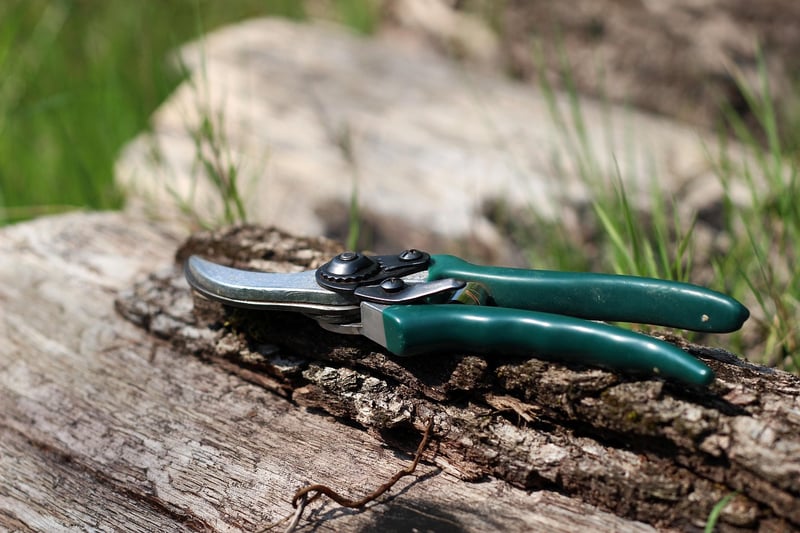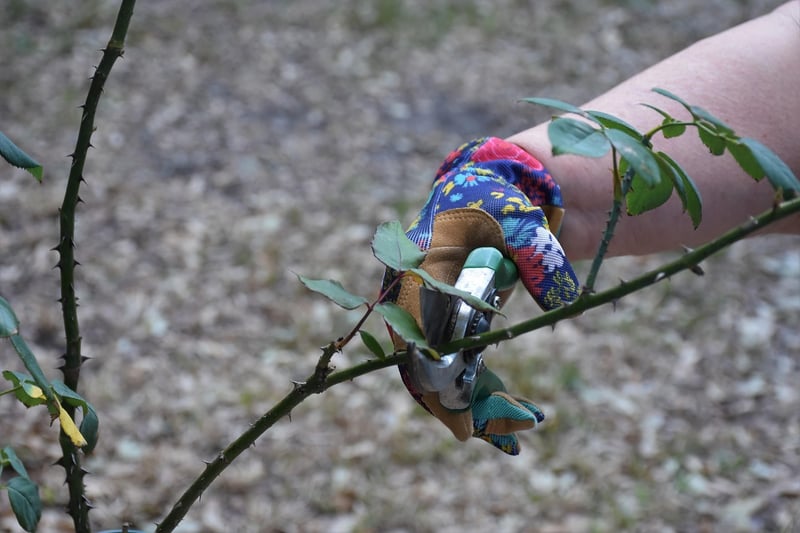Pruning Guide
Essential Plant Maintenance + Pruning Guide
Introduction
Welcome to our comprehensive plant maintenance and pruning guide! Whether you're a seasoned gardener or just starting out, this guide will help you keep your plants healthy and thriving through proper care and pruning techniques.
1. Importance of Plant Maintenance
Regular plant maintenance is crucial for the overall health and growth of your plants. It helps prevent diseases, encourages new growth, and enhances the aesthetic appeal of your garden or indoor space.
2. Basic Plant Maintenance Tips
- Watering: Ensure your plants receive adequate water based on their specific needs.
- Fertilizing: Use the right type and amount of fertilizer to nourish your plants.
- Monitoring: Keep an eye out for pests, diseases, and any signs of stress in your plants.
- Grooming: Remove dead or yellowing leaves to promote healthy growth.
3. Pruning Guide
Pruning is an essential aspect of plant care that involves cutting away dead or overgrown branches to improve the plant's shape and health.
Benefits of Pruning:
- Stimulates new growth
- Improves air circulation
- Prevents disease spread
- Shapes the plant
Pruning Techniques:
When pruning your plants, remember to:
- Use sharp, clean tools to make precise cuts.
- Trim at a 45-degree angle above a bud or leaf node.
- Remove dead, damaged, or crossing branches first.
- Step back regularly to assess the plant's shape as you prune.
4. Recommended Tools for Plant Maintenance
- Pruning shears
- Loppers
- Pruning saw
- Gloves
- Garden scissors
5. Conclusion
By following the tips and techniques outlined in this guide, you'll be well-equipped to maintain and prune your plants effectively. Remember that each plant species may have specific requirements, so always research and tailor your care accordingly. Happy gardening!


